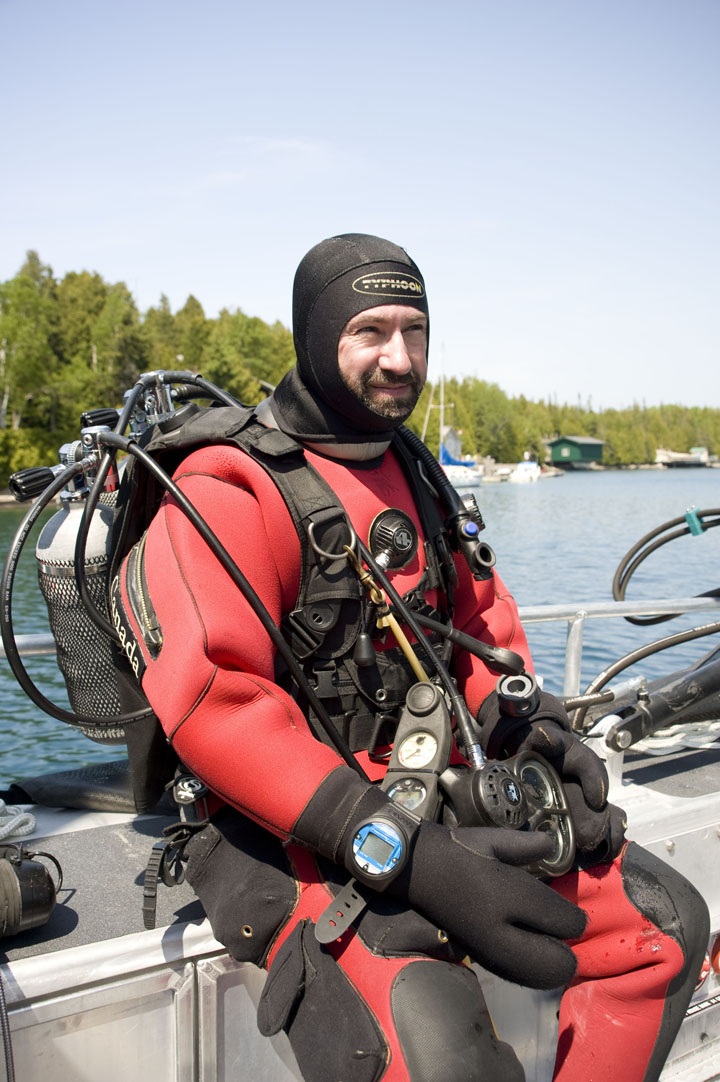For more than 165 years, the final resting places of the HMS Erebus and HMS Terror remained Canada’s greatest nautical mystery. The Franklin expedition ships were abandoned in the ice of Canada’s Arctic in 1848, but it wasn’t until 2014 that the first of the two ships were finally located.
Three weeks ago, Parks Canada announced the second ship, HMS Terror, had been located resting on the seafloor of Terror Bay in Nunavut.
The search for the two vessels has been called on of the most challenging underwater archaeological projects in Canada. On Friday, Oct. 7, Marc-André Bernier, Manager of Parks Canada’s Underwater Archaeology team, will be speaking at Brock University, in a free public talk hosted by the Niagara Peninsula Society of the Archaeological Institute of America.
Bernier will the share the challenges and discoveries of this project in an illustrated talk from 5:30-7:30 p.m. in AS215. A reception will precede the talk at 5 p.m. The talk is free and open to the public and the media.
The mystery of the fate of the Franklin expedition has gripped imaginations for generations. Sir John Franklin sailed from England in 1845 in search of the fabled Northwest Passage with HMS Erebus and HMS Terror. Both ships were abandoned in the ice three years later and the crews walked to their deaths across the Arctic. None of the 128 crew members survived. Over the decades, searches found relics and documents, but the exact resting places of the ships remained a mystery until 2014.
Parks Canada announced the discovery of HMS Erebus in September, 2014, in an exploration project that brought together the governments of Canada and Nunavut, as well as public, private and non-profit organizations. Partners included the Royal Canadian Navy, the Canadian Coast Guard, the Arctic Research Foundation, and the Royal Canadian Geographical Society. Two years later, on Sept. 14, 2016, Parks Canada announced the potential discovery of the HMS Terror.
The location of both wrecks corresponds with 19th century Inuit oral testimony and underscores the importance of Inuit knowledge. The wrecks will be the first cooperatively managed national historic sites in Nunavut.
The Niagara Peninsula Society of the Archaeological Institute of America hosts public lectures at Brock University during the academic year. Schedule and information can be found on their website.










